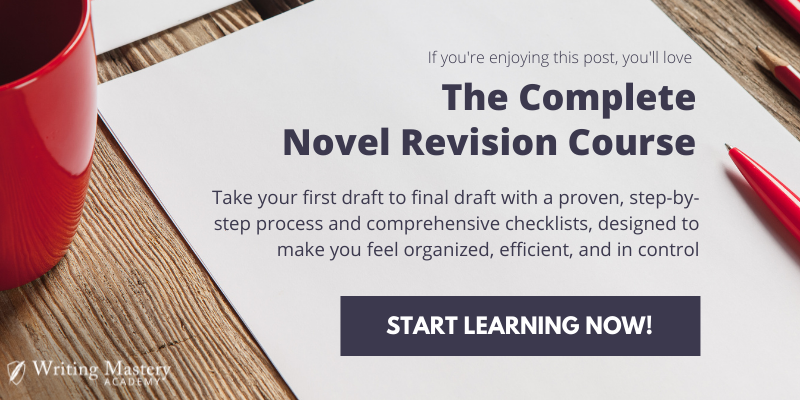What Every First Page Must Have

Your novel’s first page is like the first 5 minutes of a blind date. Be honest, you can usually tell within the first five minutes whether or not there’s going to be a second date. Just like readers can tell by the end of the first page whether or not they’re going to stick around for the second page. Sure, first impressions can be wrong, but if your reader puts the book down after one page, they’ll never know.
So, what can we do to make sure our readers get to page 2 (and hopefully page 3, 4, 5, and 200)? Well, if you google “how to write a first page” (like I just did while writing this tip), there’s a pretty general consensus about what a first page should do: create tension, introduce the character, establish a setting, show off your voice. All great advice.
But there’s something I couldn’t find on any of these lists. Something that I personally think can make or break a first page and something I always consciously work to make sure is included whenever I’m revising my first pages. And that is…
A question.
In other words, what is the reader asking by the end of the first page?
Hooking a reader is all about creating intrigue. And intrigue literally means to arouse curiosity (yes, I looked up that too.) If your reader is asking questions, they’re probably sticking around to find answers.
These questions can really be anything.
If you dropped your reader in the middle of some type of action or tense moment, the question might be:
What happened right before this?
If you’re introducing a cagey character who seems unreliable, the question might be:
What are they hiding?
If you’re showing your hero actively pursuing something they desperately want, the question might be:
Why do they want it so badly?
All of these questions are essentially hooks. The question doesn’t have to be spelled out on the page. In fact, it’s probably better that it not be. It’s something you’re subtly suggesting through your narrator’s thoughts, actions, dialogue, and voice. It’s a gentle nudge to your reader. “Psst. This is what you should be wondering about.” And some novels even go so far as to conjure these kinds of questions within the first sentence or two. Like:
“It’s a weirdly subtle conversation. I almost don’t notice I’m being blackmailed.” (Simon vs. the Homo Sapiens Agenda by Becky Albertalli)
Who is blackmailing him and why?
“At dusk they pour from the sky.” (All the Light We Cannot See by Anthony Dorr, in a chapter called “Leaflets.”
What do the leaflets say? What’s so urgent that they are being dropped from the sky?
“After a year of slavery in the Salt Mines of Endovier, Celaena Sardothien was accustomed to being escorted everywhere in shackles and at sword point.” (Throne of Glass by Sarah J. Maas)
Why is she in shackles? What are the Salt Mines of Endovier? Who is Celaena Sardothien? Is she dangerous? (That’s a lot of questions for one sentence!)
“Ok. Don’t panic.” (Every book in the Shopaholic series by Sophie Kinsella)
What is Becky panicking about this time?
Of course, your question doesn’t have to arise after only one of two sentences but I do think it should be introduced within the first page if you want to give your reader a compelling reason to turn to the second page.
But that doesn’t mean the question has to be answered by the second page. It could. It could not. Take a look at The Goldfinch by Donna Tart. The first page of that novel asks a question (why is the narrator locked up in a hotel room in Amsterdam?) that doesn’t get answered until nearly the end of the 700 page book! While in Simon vs. the Homo Sapiens Agenda, we have a pretty good idea of by Simon is being blackmailed by page two.
What’s most important is not when you answer the question, but that there is a question to answer.

So when you sit down to revise your first page, ask yourself what the reader might be asking themselves by the end of that page.
Is that what you want them to be asking? Or is there a better question you can subtly weave through?
The best writers are the best manipulators. They steer the reader exactly where they want them to go. They plant the perfect clues (mystery writer or not!) to get their readers wondering. The best first pages aren’t random. They’re very, very purposeful.
So nab that second date! Make sure your first page is leading your reader straight to the next page with a well placed question.
Filed under: Tips for Writers Writing Mastery Tagged with: fiction writing LMAP novel revision novel writing Revision Kickstart (LMAP) revision tips revisions Tips for Writers writing hacks writing mastery writing tips writing tools